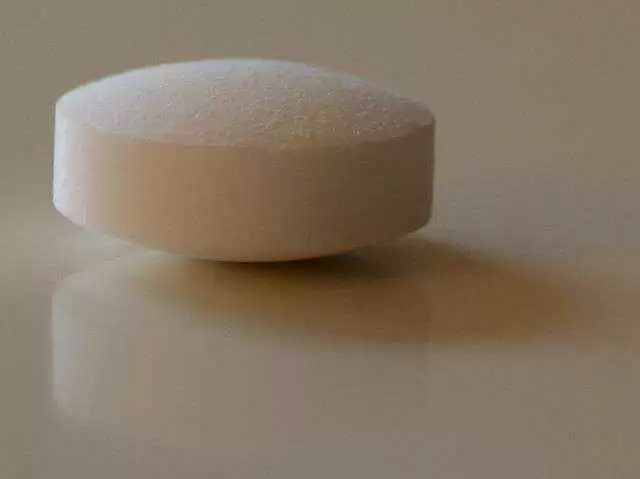
Celiac.com 01/16/2013 - Scientists are making progress on the creation of a pill that would allow people with celiac disease to safely eat gluten in much the same way that lactase pills allow people with lactose intolerance to eat dairy products without upsetting digestion.
 As with lactase, the approach involves the use of an enzyme to break down the gluten that causes celiac symptoms.
As with lactase, the approach involves the use of an enzyme to break down the gluten that causes celiac symptoms.
Celiac.com Sponsor (A12):
When people consume wheat, rye or barley, enzymes in the stomach break down gluten into smaller pieces, called peptides. For most people, these peptides are harmless. But for the 2 million-3 million Americans with celiac disease, the peptides trigger an autoimmune response and painful symptoms.
Currently, the only way for people with celiac disease to avoid the autoimmune response and the accompanying symptoms is to avoid gluten altogether.
However, Justin Siegel, Ingrid Swanson Pultz and colleagues think that an enzyme might be able to further break down the offending peptides in the stomach, thus permitting people with celiac disease to safely eat gluten-containing foods.
Their efforts led to the discovery of a naturally occurring enzyme that has some of the ideal properties for doing so. They then used a computer to modify the enzyme in the laboratory so that it would do the job completely.
The newly engineered enzyme, which they called KumaMax, breaks down more than 95 percent of gluten peptides associated with celiac disease in acidic conditions that mimic the stomach.
Clearly, further research and trials are needed, but these early results make the new enzyme a strong candidate for oral use in the treatment of celiac disease.
What do you think? Would you take spill that allowed your body to safely digest gluten from wheat, barley or rye without any of the symptoms or damage associated with celiac disease? Share your thoughts in the comments box below.
Source:
- Open Original Shared Link





Recommended Comments